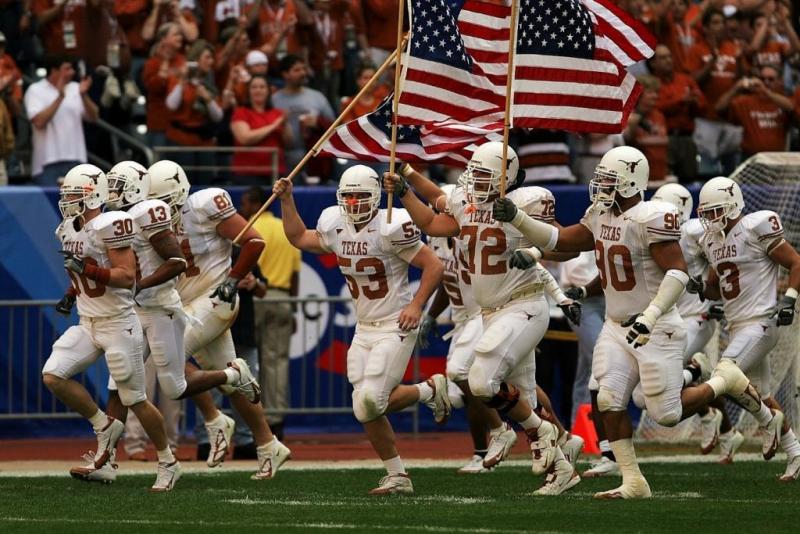The Imperfect Business of College Sports in the USA
Probably, this is the most controversial subject related to the world of college sports in the United States. Thousands of athletes who generate millions of dollars a year, due to their personal brand and their performances in different competitions, but who are not economically rewarded, because these athletes are considered amateurs. You don’t have to be a financial genius like Cameron Poetzscher to realize that the profit generated from college sports is almost unequalled in any other business sector.
Restrictive regulations
Some athletes, as important as LeBron James, have had to accept competition penalties and / or expulsions for accepting 'gifts' from different brands at an early age. The NCAA, the organization that runs the various college sports competitions, and the different high school league organizations in each state of the country are very severe with these actions.
In the USA, college players are national and even international idols. Because of this, brands have been interested in these athletes from a very young age, but the rules prevent them from receiving rewards of more than $100 for a sports performance at the amateur level.
Crazy income from college sports
In 2016, the American national basketball final closed the month of college sports, known to sports lovers as March Madness, in which the 64 best universities in the sport competed for the national title. This tournament made a profit during the year of more than 700 million dollars, plus the profit generated by the regular season, which made U.S. college basketball generate close to one billion dollars for the year; money to be distributed among different organizations that coordinate college basketball, and the universities in question. The problem is that the players do not receive any of this revenue, because of their status as amateur players, even though they are responsible for millions of TV viewers every game.
Is free education enough?
Another controversial issue is the scholarships for these athletes. University education in the USA is very expensive, and is reserved for a small percentage of the population with sufficient economic resources, in addition to requiring high grades to access it. For some college athletes, universities provide a large amount of money through scholarships, and in some cases athletes do not pay a dollar for the years they attend university. Some people in the sports world regard this free tuition as sufficient 'reward' for the millions of dollars college athletes generate.
But there’s a hidden risk, that while seeking a higher level of competition, the university ends up neglecting the main reason why students go to college: to pursue a career and to obtain a university degree that opens more doors for their future.
Given the magnitude of the income received from college sporting events and the difficulties of anyone who wants to study a career in the U.S., the question is obvious: should college sports stars receive greater financial reward? Or should more of the revenue generated be used to provide further scholarships to allow even more students to access a university education?

